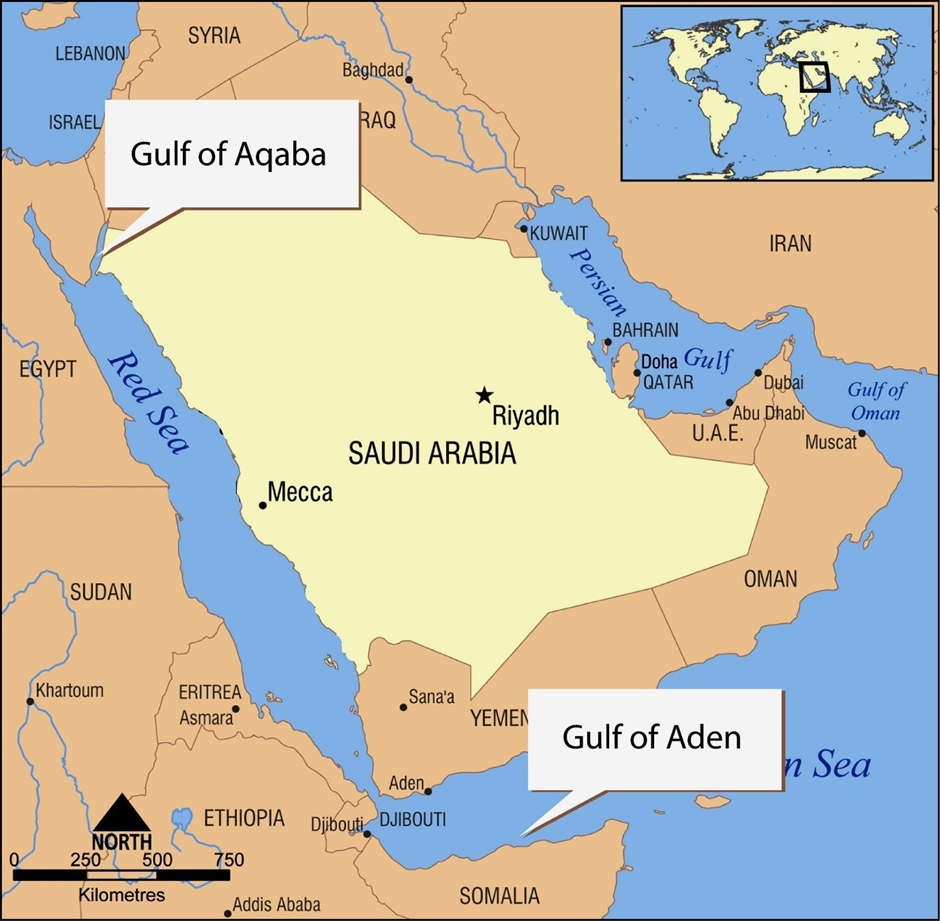22nd India-Russia Annual Summit
22nd
India-Russia Annual Summit
India-Russia:
Enduring and Expanding Partnership
Why
in News?
Q
The 22nd India-Russia
Annual Summit in Moscow, brought
together Prime Minister Narendra Modi and President Vladimir Putin to discuss a
wide range of issues. The summit aimed to solidify the strategic partnership
between the two nations, particularly in light of the ongoing geopolitical
tensions.
Q
In another development
Russia has reached a significant economic milestone by being upgraded from an
upper-middle-income to a high-income country by the World Bank, despite ongoing
Western sanctions.

Highlights of the Indian PM’s Two-Day Visit to Russia:
Q
Receives highest civilian
honour: The Indian PM was conferred with Russia’s highest civilian honour -
Order of St Andrew the Apostle - by the Russian President (announced in 2019,
but presented now).
Q
Bilateral talks - A
meeting of two close friends and trusted partners:
Q
It was held to review
ties between the two nations, including in areas like defence, investment,
energy cooperation, education and culture.
Q
During the meeting, the
Indian PM told the Russian President that a solution to the Ukraine conflict is
not possible on the battlefield and peace talks do not succeed amidst bombs,
guns and bullets.
Q
The Russian President
accepted a direct request from the Indian PM to expedite the discharge of all
Indians who have been recruited by the Russian military, many of whom are now
at the war front.
A
Joint Vision Statement on Trade and Economic Cooperation:
Q
A shift from previous
Summits: The focus on economic issues was a shift from previous Annual Summits
where military supplies and the defence and strategic partnership between the
two countries had been at the top of the agenda.
9
issues that need to be resolved by 2030: It includes -
1. The
elimination of non-tariff barriers,
2. The
development of a bilateral settlement system using national currencies,
3. Ironing
out customs procedures and using new connectivity routes, including -
4. The
Chennai-Vladivostok maritime route,
5. The
Northern Sea Route and
6. The
International North–South Transport Corridor via Iran.
7. Investments
in the energy sector including nuclear energy,
8. Infrastructure
development and
9. Investment
promotion as priority areas.
Q
India and Russia signed a
number of MoUs between institutions on climate change, polar research, legal
arbitration, pharmaceutical certification, etc.
Ambitious
bilateral trade target:
Q
India and Russia agreed
to increase bilateral trade to $100 billion dollars by 2030, including the use
of national currencies to circumvent Western sanctions.
Q
The bilateral trade
reached an all-time high of $65.70 billion in FY 2023-24, mostly because of the
surge in India’s imports of Russian crude.
Q
Achieving the target
would take the business relationship to levels of trade India currently has
only with bigger economies like the U.S., China and the EU.


Comments
Post a Comment